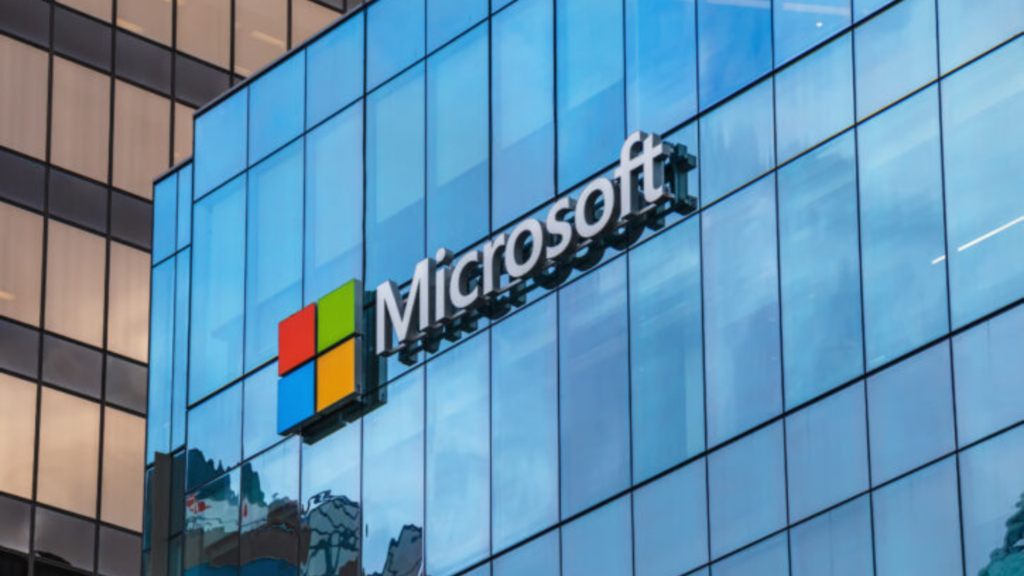The launch (or technically relaunch from a long time ago) of Microsoft’s PubCenter, a potential rival to Google’s AdSense, marks a currently small but likely significant moment in the online advertising industry. This move signals Microsoft’s ambition to carve out an increasing share of the digital ad market, a domain long dominated by Google. Exactly how PubCenter stacks up against AdSense remains to be seen, but Microsoft is already claiming it will be offering publishers higher engagement and likely greater revenues than Adsense, a bold claim.
At its core, PubCenter aims to provide a platform for publishers to monetize their websites through advertising, much like Google’s AdSense. However, Microsoft might bring a fresh perspective and innovative features to the table. These could include advanced targeting options, leveraging its extensive data from platforms like Bing and LinkedIn, and potentially offering better revenue share terms or more diverse ad formats. If PubCenter’s user interface and algorithm for ad placement and revenue generation are on par or surpass those of AdSense, it could entice publishers to make the switch.
For publishers and advertisers, the introduction of PubCenter is likely to be beneficial. Competition fosters innovation, improved service, and more favourable terms. Publishers might find themselves with more lucrative or flexible monetization options, while advertisers could benefit from more competitive pricing and potentially less saturated advertising spaces.
Regarding the impact on Google’s revenue, it’s important to consider the scale and entrenchment of AdSense in the market. While PubCenter might chip away at Google’s market share, it’s unlikely to cause a significant dent in the short term. Google’s advertising ecosystem is deeply integrated with its other services like Search, YouTube, and Google Analytics, creating a robust and comprehensive offering that’s hard to replicate. Nonetheless, even a small percentage shift represents a substantial amount in an industry worth billions.
Beyond advertising, Microsoft and Google have been head-to-head in several other arenas. One notable area is cloud computing, where Microsoft’s Azure directly competes with Google Cloud. Though Amazon Web Services leads this market, both Microsoft and Google have been aggressively expanding their cloud offerings.
In the realm of productivity software, Microsoft’s Office suite still holds significant dominance over Google Workspace, though the latter has been gaining traction, especially among startups and educational institutions. Moreover, in the search engine market, Bing continues to trail behind Google Search, but Microsoft has been making consistent efforts to improve it.
Microsoft’s launch of PubCenter as a competitor to Google’s AdSense is a bold move that could reshape the online advertising landscape. While it may not significantly impact Google’s revenue in the immediate future, it introduces healthy competition that could lead to better offerings for both publishers and advertisers. This development is part of a larger trend of competition between these tech giants, extending across various domains from cloud computing to productivity tools. As the landscape evolves, it’s clear that Microsoft is not shying away from challenging Google in key areas, signalling a more competitive and dynamic tech industry in the years to come.
